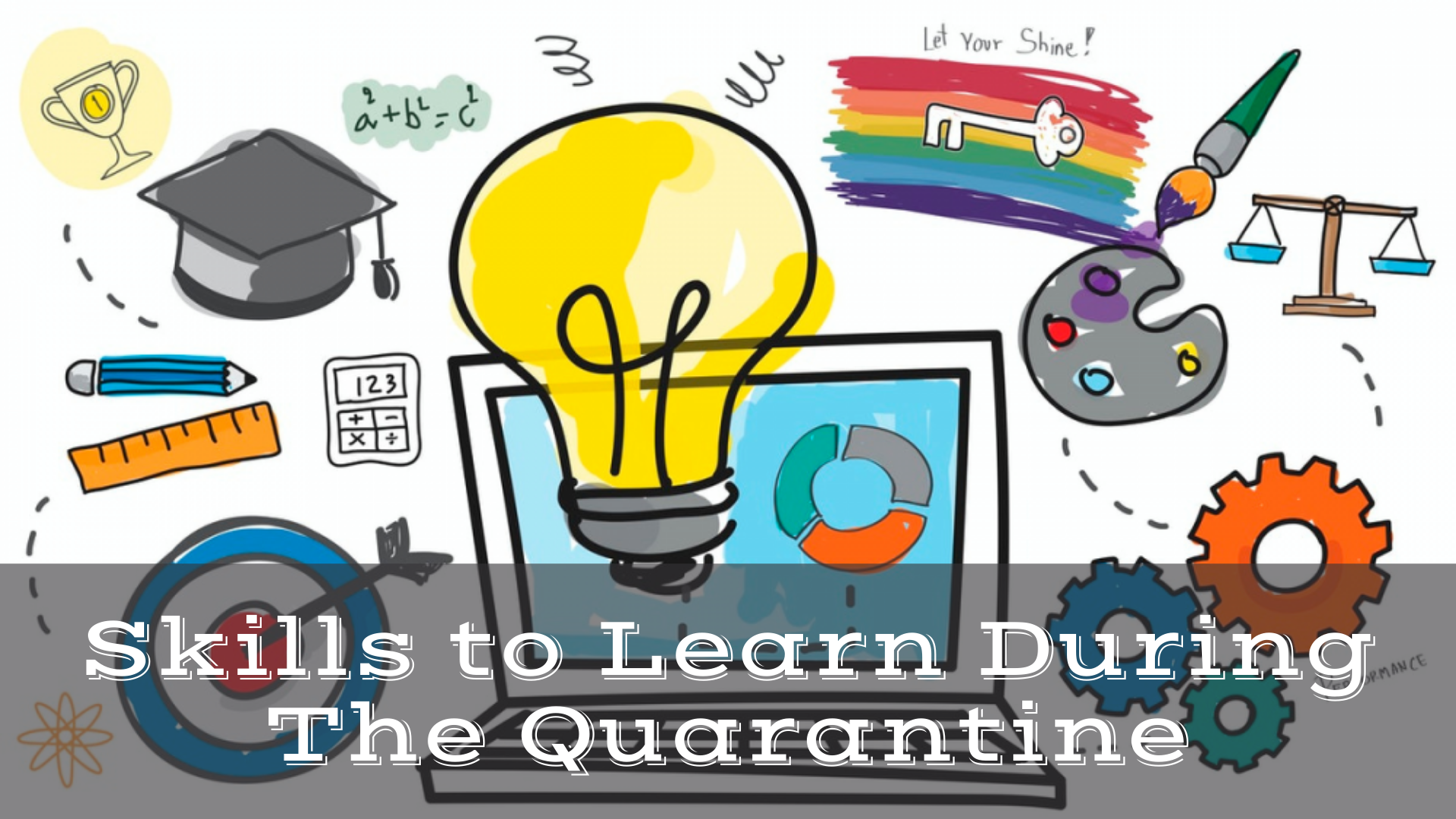3 Tips To Help A Child Start Reading
3 Tips To Help A Child Start Reading
Reading is one of every of the foremost vital skills young youngsters should learn as they start school. Teachers of boarding schools in Dehradun teach their students that reading needs patience, basic reading skills are typically the most challenging. However, whether you're a parent or a coach, cultivating a love of reading can benefit a child throughout his or her lifetime.
Signs of reading readiness
Before teaching your kid basic reading skills, contemplate whether s/he is prepared to start reading. Most youngsters begin reading in class, though different children learn to read at age four or five. Think about the child's general intellectual skills and whether s/he shows curiosity about reading materials. Will s/he relish storytime? Has s/he begun to inform you of words or following on as you read to him or her? These are signs that a toddler could also be ready to begin learning a way to read.
How youngsters learn to read: key skills
Many scientific researchers have developed theories concerning how youngsters learn to read. Psychologists and education consultants have identified many key skills that facilitate reading. Teachers of schools in Mussoorie focus on the writing and reading skills of students and teach the importance of effective communication and reading skills at an early age.
Awareness of Phonemic
Phonemes are the smallest units of language which represent the essential sounds created throughout the spoken speech. Let's say, the "P" or "CH" sounds are thought of as phonemes. Phonemic awareness refers to a kid's ability to spot and manipulate these individual word sounds. Once teaching a toddler to read, the National Reading Panel recommends using the subsequent tasks to enhance phonemic awareness.
Ask the kid to isolate individual phonemes in easy words. let's say, ask "What is the 1st sound in the word 'dog'?"
Work on identifying common sounds in several words. "What sound is the same in 'kitten', 'koala', and 'kite'?"
Categorize the phonemes and determine those who do not belong. "Which word is different? 'Baby', 'bus', 'ball', 'truck'."
Teach the kid to blend phonemes to make a word. This can be conjointly referred to as sounding words out. specialize in the various sounds that form a complete word, such as "school."
Focus on phone deletion to assist the kid in recognizing words with missing components. let's say, "What is the word 'bland' without the 'b' sound?"
Phonics
Many people have heard of the program "Hooked On phonics," however what's the importance of phonics in teaching a child to read? Phonics refers to the power to attach sounds (or phonemes) to a specific letter of the alphabet. If phonemic awareness teaches a toddler a way to acknowledge sounds, phonics teaches him or her a way to connect those sounds to the written word. The subsequent exercises will improve phonics skills and are an important part of teaching a child to read.
Begin with the basics: teaching the kid the alphabet. Use fun games, colouring books, and songs to show the letters of the alphabet and their corresponding sounds.
Teach relationships between words with rhyming games. "I say the word 'bat.' are you able to tell me a word that rhymes with 'bat'? How do you spell it?" This teaches the kid how word structure and sounds relate to one another.
Use known words to spot new words. Present the kid with a word he or she has not read before, such as blast. Go through every phoneme of the word, asking the kid "What letter is this? What sound will that letter make? are you able to name a word that starts with the letter?"
Beyond basic reading skills
Once a kid has developed phonemic awareness and a solid understanding of phonics, he or she is well on the way to reading. The next step is to create fluency by exposing the kid to new words and difficult his or her skills. Reading familiar stories multiple times helps once youngsters are learning the alphabet and sounding out words. Next, choose a slightly more difficult book with novel words. Encourage your kid to sound each word out, wondering each letter and the way it sounds.
In addition to reading together with your kid and providing feedback once he or she struggles with a word, your kid needs to read independently. This builds confidence and a kid's ability to form, which means new words. With patience and consistent practice, your kid can shortly be decoding words and understanding written sentences.




Comments
Post a Comment